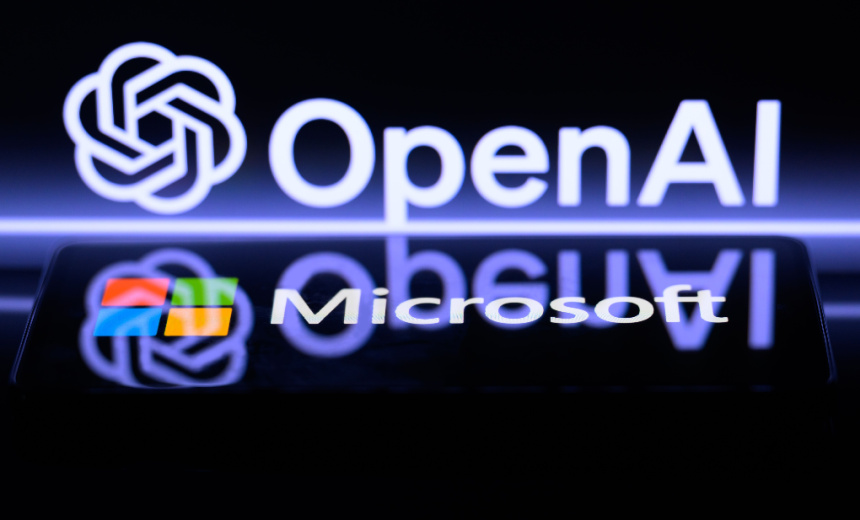Investigation into Microsoft’s $13 Billion OpenAI Investment Initiated in 2023

The U.K. Competition and Markets Authority (CMA) has decided not to proceed with an investigation into the strategic partnership between Microsoft and OpenAI, following Microsoft’s substantial $13 billion investment in the artificial intelligence firm.
The CMA initially initiated a preliminary assessment in December 2023, triggered by Microsoft’s financial commitment to OpenAI and its acquisition of a nonvoting seat on the OpenAI board. This assessment aimed to evaluate whether Microsoft’s involvement represented a significant influence that could impede competition within the industry.
As the partnership evolved, Microsoft significantly reinforced its ties with OpenAI, particularly during the period in which Sam Altman was reinstated as CEO after his brief removal. Microsoft played a vital role in integrating OpenAI’s ChatGPT technology into its product offerings and served as the exclusive cloud provider for OpenAI via its Azure platform.
In its recent announcement, the CMA stated it found no indications that Microsoft’s involvement escalated from material influence over OpenAI to de facto control, concluding that the existing setup does not constitute a relevant merger situation. Their statement emphasized that control dynamics had not shifted in a way that could raise competitive concerns.
Reports suggest that Microsoft is entitled to a significant share of OpenAI’s profits—75%—until it recoups its initial investment. However, a shift occurred in July 2024 when Microsoft relinquished its board seat and OpenAI began seeking additional cloud services from Oracle, purportedly due to Microsoft’s reluctance to provide the necessary resources. In January 2025, both entities revealed a new collaborative model permitting OpenAI to engage with alternative cloud providers, while Microsoft retained a right of first refusal on any deals.
The CMA has voiced broader concerns regarding competition in the foundational models sector, which is predominantly controlled by major players including Google, Amazon, Microsoft, Meta, and Apple, collectively referred to as the GAMMA firms. This dominance raises apprehensions about a “winner takes all” scenario, as these companies benefit from extensive compute and data resources.
In parallel, the CMA has also concluded its review of partnerships involving other firms in the sector, including Anthropic and both Google and Amazon. This move highlights the ongoing scrutiny of big tech’s influence on the emerging AI landscape, further reinforcing the importance of assessing how these partnerships may affect market competition.